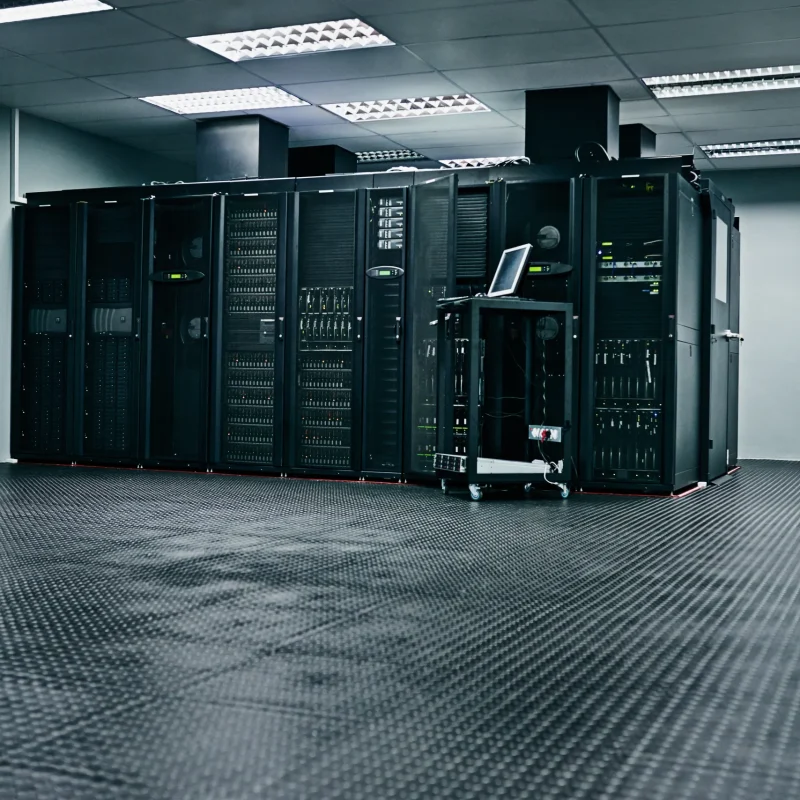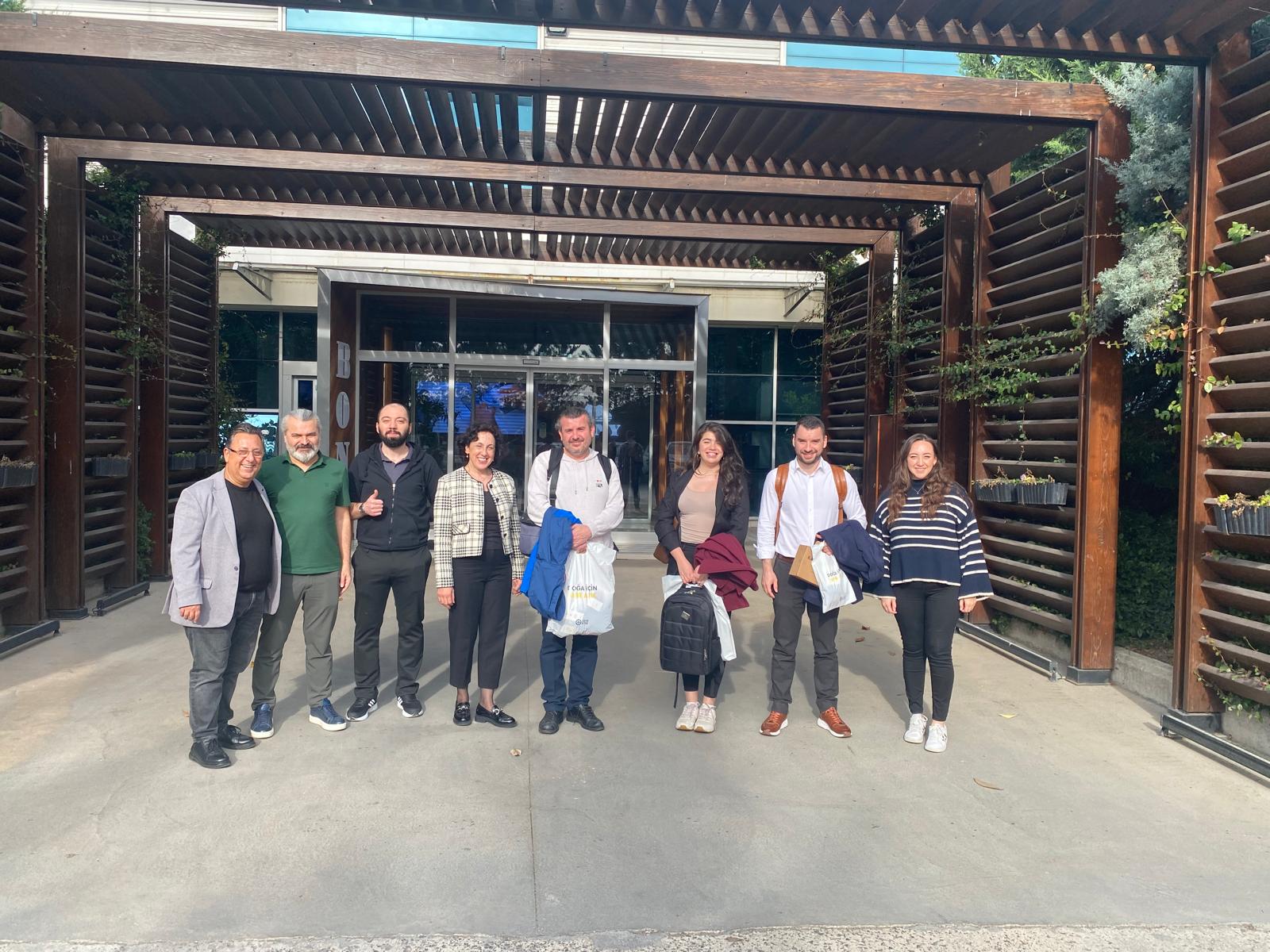“Information Technology,” also known as IT, encompasses a broad area that involves information processing, data transmission, storage, and management. IT includes computers, software, networks, databases, and other digital technologies. Here are some key components of the IT field:
- Computers: Computers are the fundamental carriers of IT. They are used for processing, storing, and transmitting data. There are different types of computers, including personal computers, servers, laptops, and smartphones.
- Software: Software consists of programs and applications that direct the functions of computers. This includes a wide range of programs such as operating systems, office software, games, and specialized industry software.
- Networks: Networks play a crucial role in IT by connecting computers to each other and facilitating data communication. The Internet is the largest and most well-known network.
- Databases: Databases are used to organize and manage large amounts of data. Businesses, governments, and other organizations use databases to store and process their information.
- Security: Information security involves protecting computer systems and networks from malicious attacks. This includes measures against threats such as data theft, computer viruses, and cyber attacks.
- Artificial Intelligence and Data Analytics: Artificial intelligence (AI) and data analytics are technologies used to analyze large data sets to identify patterns and insights. Businesses optimize their decisions using data analytics and AI.
- Information Management: Information management involves the processes that enable organizations to effectively collect, store, process, and share their information resources.
- Hardware: Computers and other IT devices consist of hardware components. This includes processors, memory, storage devices, network cards, and other physical components.


Information technology is a widely used technology field in the modern world and holds great significance in business, communication, education, healthcare, entertainment, and many other areas. Information technologies offer new opportunities and applications while increasing efficiency.
The importance of certification services in the IT sector begins with the standards and guarantees they provide. These services increase the confidence of consumers and businesses by verifying that technological products and services comply with certain quality and safety criteria. Moreover, certifications enable technology companies to compete in international markets, as many countries and industries mandate compliance with specific standards. Particularly in critical areas such as security and data protection, certifications offer protection against cyber threats, enhancing the security of customer data. Lastly, certification services in the IT sector guide companies in adapting to the constantly changing technology and regulations, establishing a solid foundation for continuous improvement and innovation. USB Certification’s certification services for the IT sector include:
- ISO 9001 – Quality Management System: ISO 9001 aims to establish a quality management system to improve the quality of products or services and ensure customer satisfaction. It is significant in terms of product quality.
- ISO 27001 – Information Security Management System: ISO 27001 aims to help organizations manage information security and reduce cybersecurity risks. It is particularly important in industrial production where the protection of critical commercial secrets and information is necessary.




